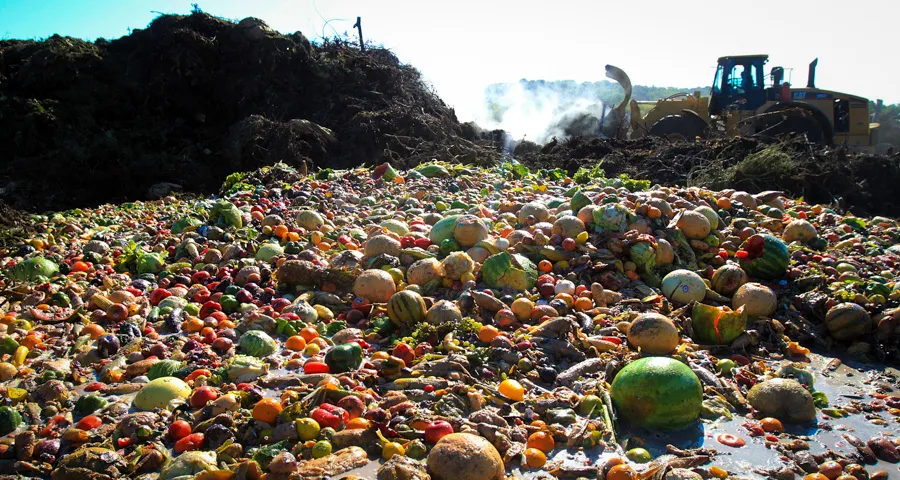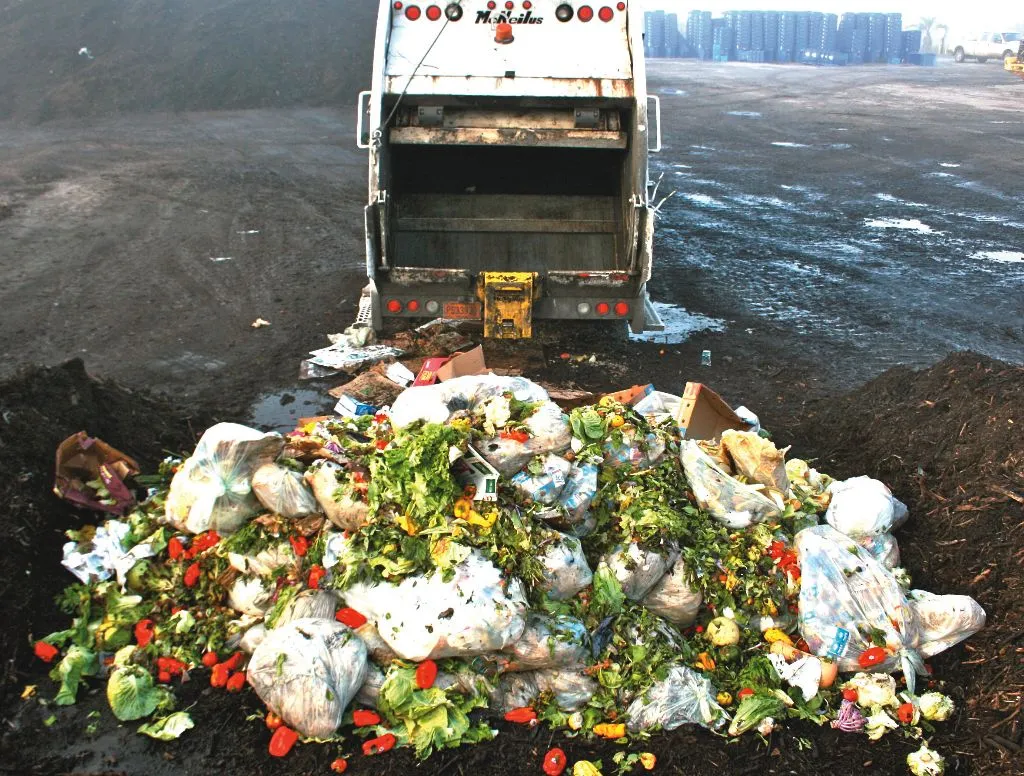
In recent years, food waste has received growing interest from local, national and European policymakers, international organisations, NGOs as well as academics from various disciplinary fields. Increasing concerns about food security and environmental impacts, such as resource and depletion and green house gas emissions attributed to food waste, have intensified attention to the topic. While food waste occurs in all stages of the food supply chain, private households have been identified as key actors in food waste generation. However, the evidence on why food waste occurs remains scattered. This paper maps the still small but expanding academic territory of consumer food waste by systematically reviewing empirical studies on food waste practices as well as distilling factors that foster and impede the generation of food waste on the household level. Moreover, we briefly discuss the contributions of different social on to logics, more particularly psychology-related approaches and social practice theory. The analysis reveals food waste as a complex and multi-faceted issue that cannot be attributed to single variables; this also calls for a stronger integration of different disciplinary perspectives. Mapping the determinants of waste generation deepens the understanding of household practices and helps design food waste prevention strategies. Finally, we link the identified factors with a set of policy, business, and retailer options.
